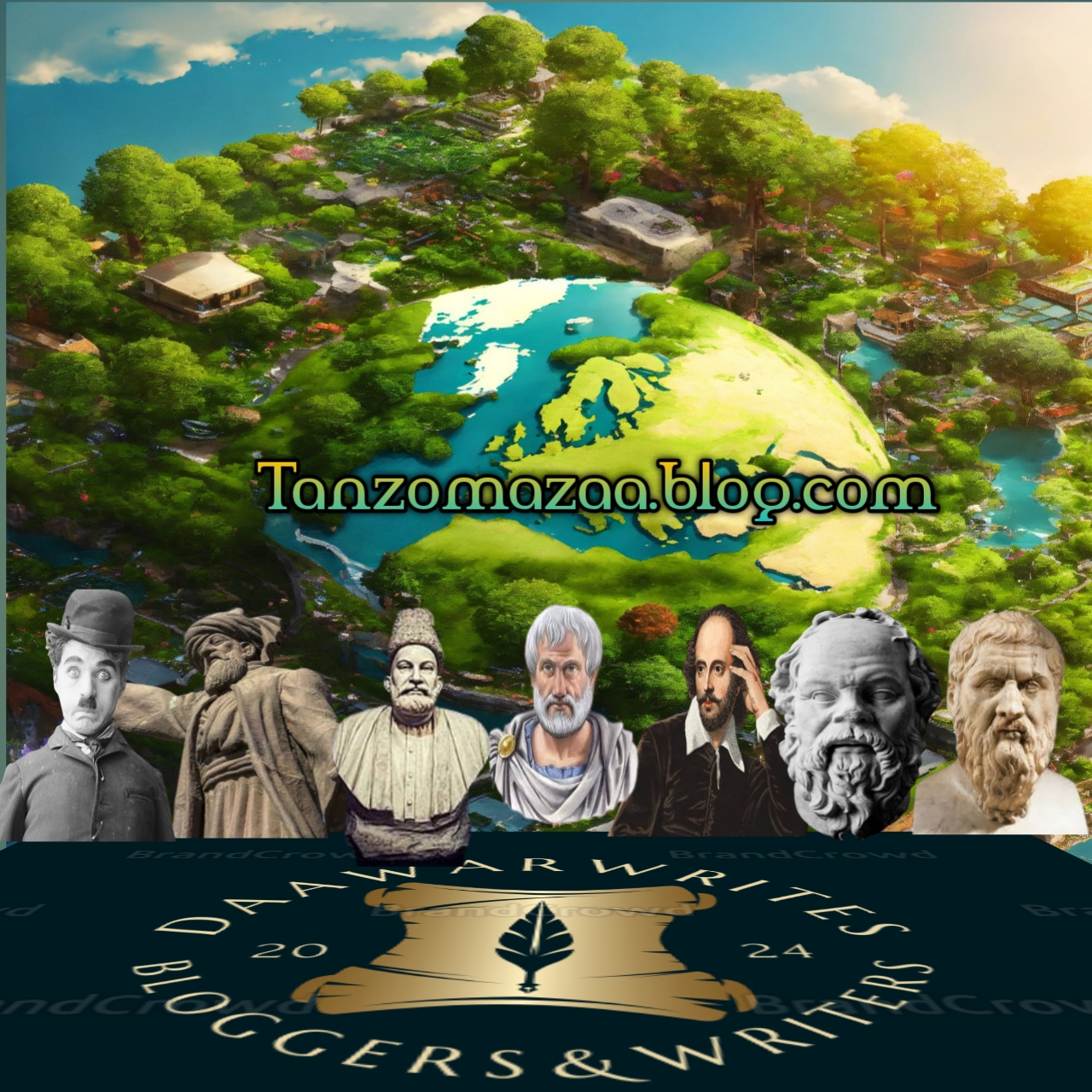bayography of Shakespeare
Shakespeare is considered one of the greatest playwrights in history, known for his impressive body of work that includes plays, sonnets, and poems. His plays are still performed today, over 400 years after they were written, and continue to capture the imagination of audiences around the world. Here is a brief biography of Shakespeare, highlighting some of the most important aspects of his life and work.
Early Life
William Shakespeare was born in Stratford-upon-Avon, England, on April 26, 1564. He was the third child of John Shakespeare, a successful glover and local politician, and Mary Arden, the daughter of a wealthy landowner. Shakespeare attended the local grammar school, where he received a basic education in Latin, history, and literature. There is little known about his childhood, but it is believed that he was exposed to theater and literature at a young age, which likely influenced his later work.
Career Beginnings
At the age of 18, Shakespeare married Anne Hathaway, a woman eight years his senior. Together they had three children, but little is known about their family life. In the late 1580s, Shakespeare moved to London to pursue a career in theater. He began as an actor and playwright, and soon became a successful and respected member of the theater community.
Theater Career
Shakespeare's early plays were performed at the Theatre, a popular venue in London. His first play, "Henry VI, Part One," was performed in 1590, and was followed by a series of historical plays, including "Richard III," "Henry VI, Part Two," and "Henry VI, Part Three." In the early 1590s, Shakespeare wrote his first major comedies, including "The Taming of the Shrew," "The Two Gentlemen of Verona," and "A Midsummer Night's Dream."
In the late 1590s, Shakespeare began writing his famous tragedies, including "Romeo and Juliet," "Hamlet," "Othello," and "Macbeth." These plays were often based on historical events, but Shakespeare infused them with his own unique characters and themes, exploring the human condition and the complexities of emotion and morality.
Shakespeare's plays were popular during his lifetime, and he was known as one of the most talented playwrights of his era. His work was performed at the Globe Theatre, a venue he co-owned, and at other theaters throughout London. Shakespeare's plays were popular with both the common people and the royal court, and he was often commissioned to write plays for special occasions.
Later Years and Legacy
In the early 1600s, Shakespeare's career began to slow down. He continued to write plays, but his output decreased, and he retired from the theater around 1613. Shakespeare returned to Stratford-upon-Avon, where he lived with his family until his death in 1616.
After Shakespeare's death, his plays continued to be performed, and his reputation as one of the greatest playwrights in history grew. His works were compiled into the First Folio, a collection of 36 plays that was published in 1623. This collection included some of his most famous plays, such as "Hamlet," "Macbeth," and "Romeo and Juliet."
Today, Shakespeare's plays are still performed around the world, and his influence on literature and culture is immeasurable. His characters, themes, and language continue to inspire and captivate audiences, and his legacy lives on through his enduring works.
visit for more https://bit.ly/3omdqet









0 Comments